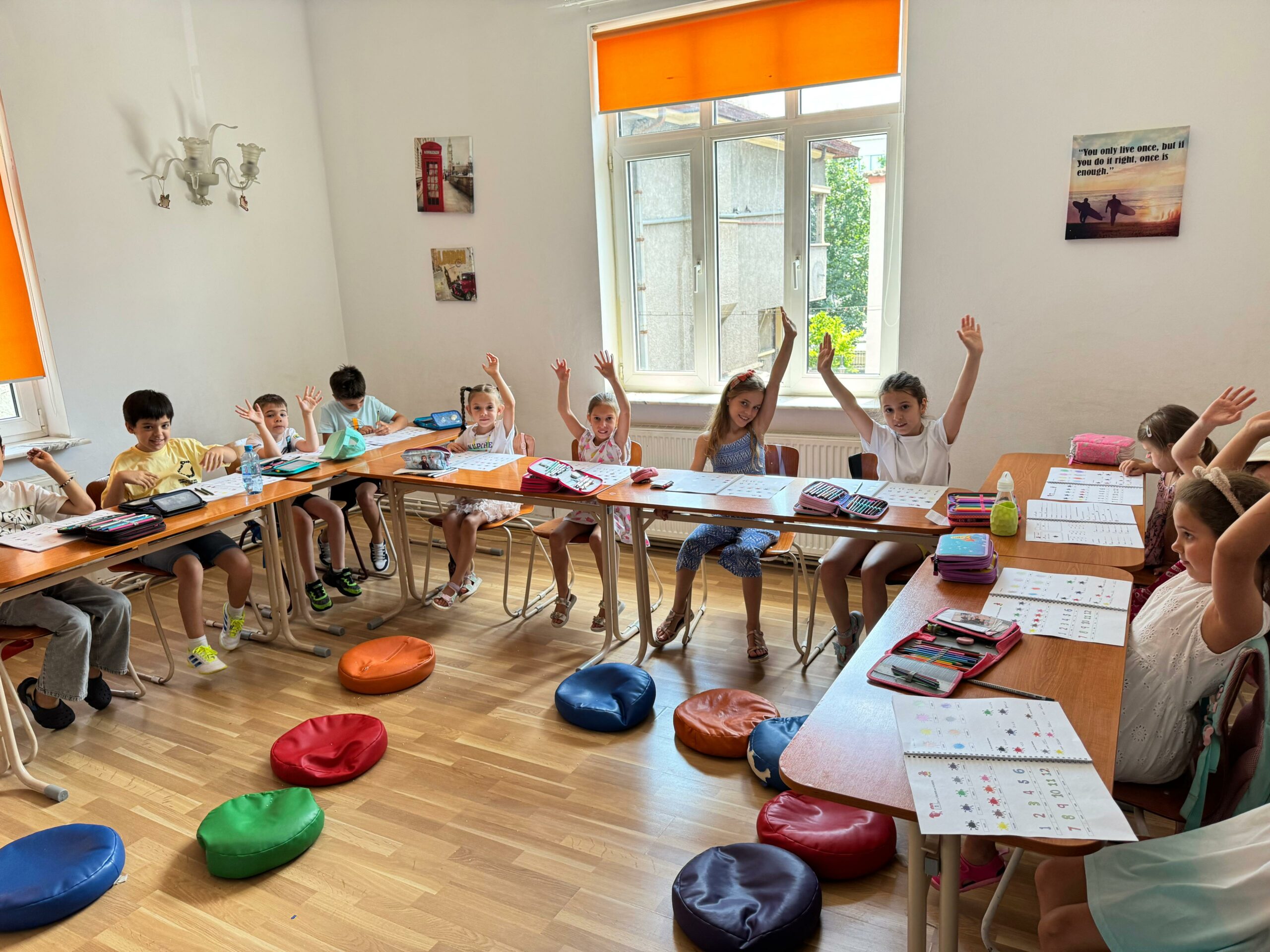Last time I wrote about tips on learning English and many of you came with even more brilliant ideas! This time around, we’re going to talk about common mistakes made in English.
Are you ready? All the sentences below have got mistakes for you to correct. Take a pen and paper and correct the sentences. Let’s see how you fare in this quiz!
IT’S QUIZ TIME!
What’s wrong with the sentence?
- I have 11 years old.
- I am very close to my colleagues at school.
- I like looking at the TV and listening to music.
- She speaks English good.
- How do you do? I’m fine, thanks.
- Me, Dylan and Alex went to the cinema last night.
- My dad is wearing a costume to work every day.
- I’ve been working here since 2 years.
- We have to submit our essays until Friday morning.
- Come on, we’re a team! Let’s do it altogether!
Are you ready for the answers and explanations? Scroll down just a little more!
Could you spot the mistakes? Well, it’s time to find out!
- I am 11 years old. We always use the verb ‘to be’ when we talk about age.
- I am very close to my friends at school. ‘Colleague’ means ‘workmate’ in English. We can use friends, classmates or schoolmates instead.
- I like watching TV and listening to music. We always say ‘watch TV’, not ‘look at’. You ‘watch’ things that move and you ‘look at’ paintings, scenery, or something that is static.
- She speaks English well. We use the adverb ‘well’ to give more information about the verb ’speak’. ‘Good’ is an adjective and it is used to give information about a noun.
- How do you do? Pleased to meet you. ‘How do you do’ is not a question. It’s a formal way of saying “Hello.”
- Dylan, Alex and I went to the cinema last night.‘I’ is the subject pronoun and ‘me’ is the object pronoun of a verb. E.g. I am a student. (‘I’ is the subject). Give that book to me. (‘Me’ is the object).
- My dad wears a suit to work every day. We use present simple tense for habits and routines, hence the form of the verb here is ‘wears’. We say suit, not costume, for office wear.
- I’ve been working here for 2 years. We use ‘for’ with the duration of time. E.g. They have lived in Germany for 8 years. We use ‘since’ with a specific point in time. E.g. I’ve been working here since January 2007.
- We have to submit our essays by Friday morning. ‘By’ denotes the last moment in which something needs to be done. E.g. We have to submit the essays by Friday morning. (Deadline=Friday morning). ‘Until’ denotes the total amount of time one has to accomplish something. E.g. We have until Friday morning to submit the essays. (We have time from now until Friday)
- Come on, we’re a team! Let’s do it all together! ‘All together’ means everyone or everything together. E.g. It’s time to sing! All together now! ‘Altogether’ is an adverb that means all in all, completely or in total. E.g. Altogether, it was a great evening.
So, did anyone manage to spot ALL the mistakes AND correct them accordingly? Let me know!













